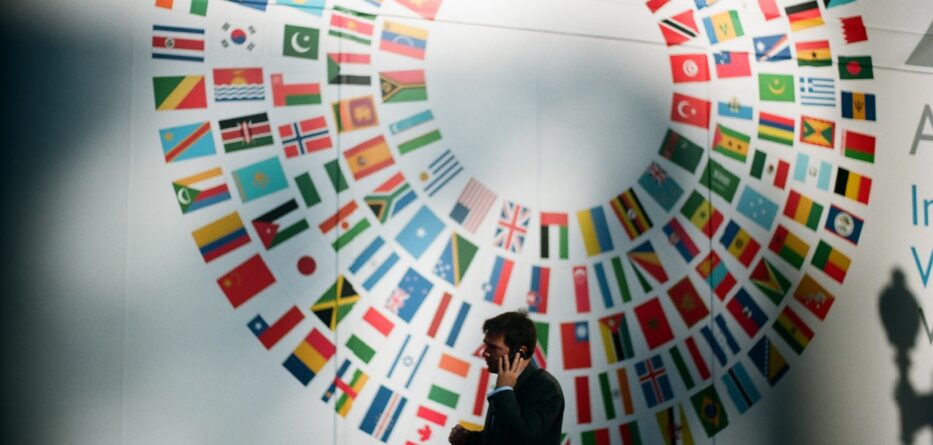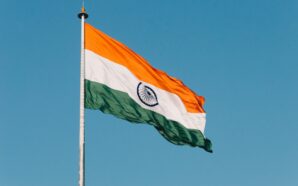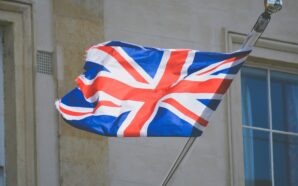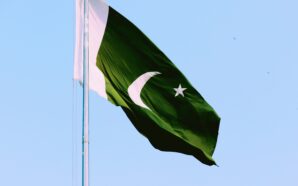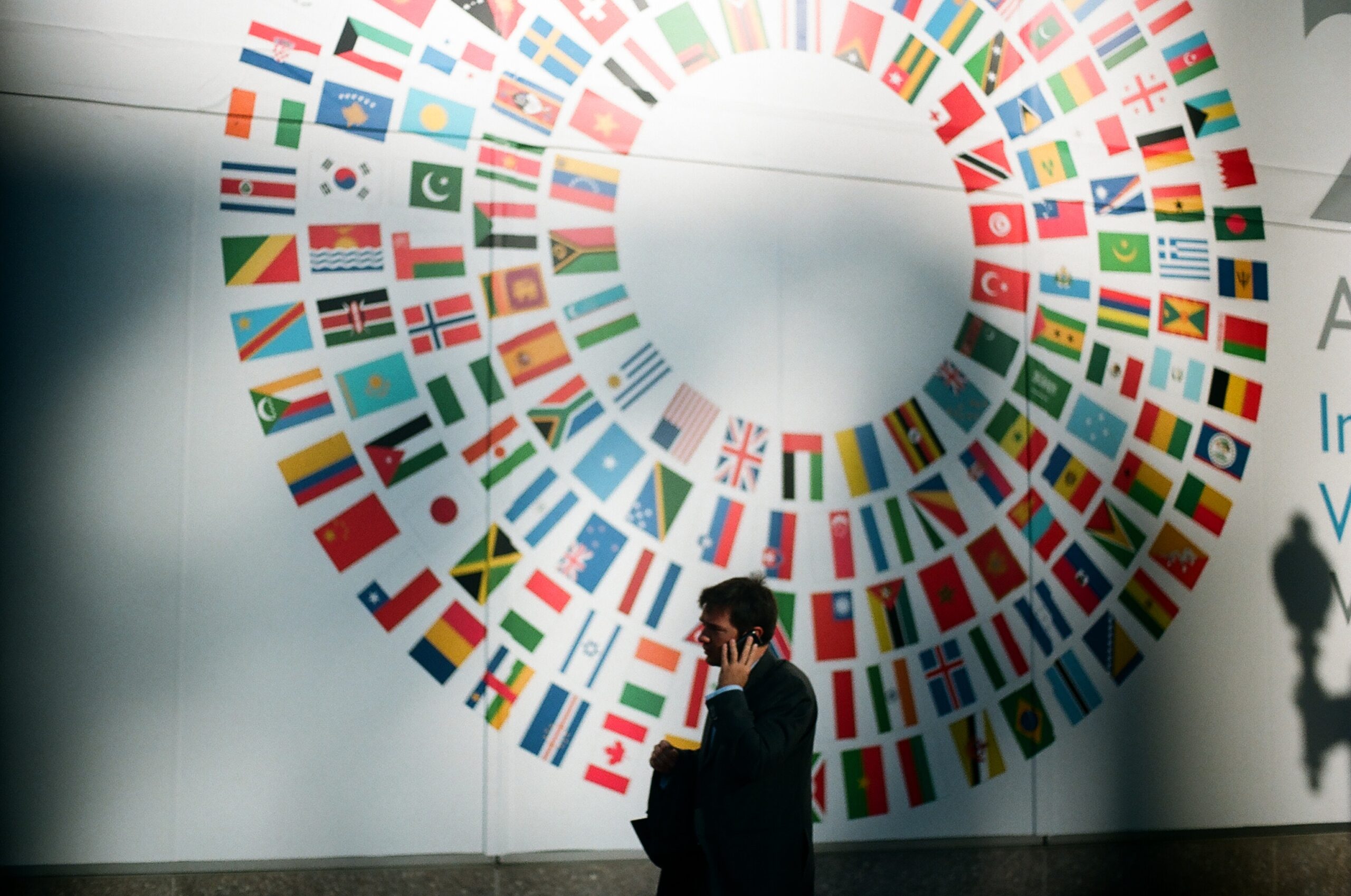

Credit: Unsplash
World Bank Takes a Stand
In a significant move, the World Bank has declared a suspension of new loans to Uganda due to the nation’s controversial anti-LGBTQ law. The institution, headquartered in Washington, DC, revealed its decision on Tuesday, stating that it would temporarily halt project funding as it assesses measures aimed at safeguarding sexual and gender minorities from discrimination and exclusion within its projects.
The World Bank underscored that Uganda’s Anti-Homosexuality Act starkly contradicts the core values of the World Bank Group. The lender firmly believes in promoting inclusion and non-discrimination as central tenets of its global initiatives. The act’s opposition to these principles prompted the World Bank to express its strong disapproval, emphasizing its commitment to a vision of eradicating poverty while ensuring equal opportunities for all, regardless of race, gender, or sexuality.
“We firmly hold that achieving our mission of combating poverty on a sustainable planet is only possible through the integration of every individual, irrespective of their background. This legislation undermines these collective endeavors. Inclusion and non-discrimination lie at the heart of our global initiatives,” the lender conveyed in a statement.
OVERNIGHT: President Museveni told off the World Bank after it suspended funding because of the Anti-Homosexuality Act.
“Uganda will develop with or without loans.”
“Should we consult America/WB/IMF every time we make a law if it's acceptable to them?” posed the MP behind it pic.twitter.com/1T5sdAdx5M
— Larry Madowo (@LarryMadowo) August 10, 2023
Furthermore, the World Bank Group disclosed its intention to enhance third-party oversight and grievance redress mechanisms, thereby bolstering its capacity to take remedial actions when required.
In May, the World Bank Group had already expressed its reservations about the law, asserting that it diverges from the organization’s core principles. The adoption of the law raised substantial concerns, prompting World Bank President Ajay Banga, who commenced his tenure in June, to address the matter. Approximately 170 civil society groups advocated for tangible and prompt measures, including a suspension of future financial assistance.
The anti-LGBTQ law has encountered widespread criticism from human rights organizations. The legislation imposes severe penalties, including capital punishment for “aggravated homosexuality,” encompassing cases such as transmitting HIV through same-sex relations. Those found guilty of “promoting” homosexuality face imprisonment of up to 20 years.
Amid this decision, the World Bank Group reiterated its enduring and productive relationship with Uganda. The institution remains steadfast in its commitment to aiding all Ugandans in their pursuit of escaping poverty, accessing essential services, and enhancing their overall quality of life.
-
In a significant escalation of the ongoing dispute over misinformation, Brazil Supreme Court Justice Alexandre de Moraes has initiated...
-
Mumbai Takes the Throne for the Most Billionaires in Asia In a historic milestone, Mumbai has overtaken Beijing to...
-
French President Emmanuel Macron emphasized the need for Western powers to remain vigilant in the face of the Ukraine...
-
The Philippines has strongly denounced what it described as “unprovoked acts of coercion and dangerous maneuvers” by China in...
-
As Moscow Prepares to Bid Adieu, Navalny’s Funeral Raises Uncertainties and International Allegations The spokesperson for Alexei Navalny has...
-
On the two-year anniversary of the ongoing conflict between Ukraine and Russia, there is much to reflect upon. Since...
-
The Office for National Statistics (ONS) released official figures on Wednesday, revealing that the United Kingdom posted a record...
-
Greece has become the first Christian Orthodox-majority country to legalize same-sex marriage, marking a significant step forward for LGBTQ+...
-
Massive Deflation in China as CPI Plummets by 0.8% China faces mounting challenges as its consumer prices spiral deeper...
-
3 Days of Consecutive Snowing Has Wreaked Havoc on Transportation As China prepares to celebrate the Lunar New Year,...
-
Rapid Growth in Electric Cars Propels China to The Forefront of Global Vehicle Exports China has surpassed Japan as...
-
Pakistan’s Political Landscape Suffers a Shift Following Khan’s Sentencing Former Pakistani Prime Minister Imran Khan and his wife, Bushra...

